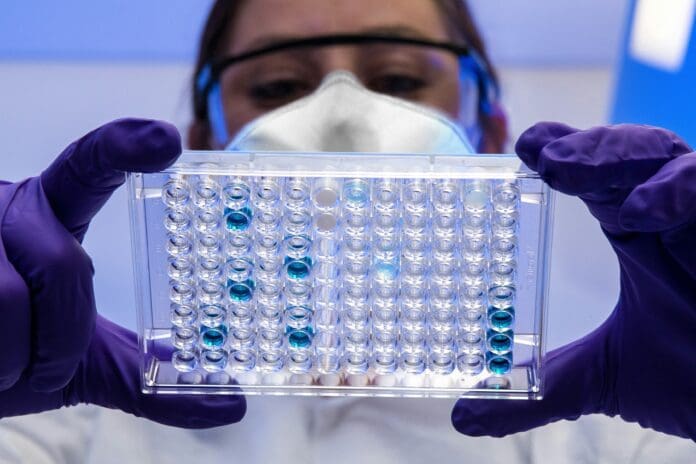This post is also available in:
 עברית (Hebrew)
עברית (Hebrew)
The genetic data of millions of individuals who once used 23andMe’s DNA testing services has officially changed hands. The TTAM Research Institute, a nonprofit organization based in California, has acquired the company’s data assets for $305 million, ensuring that user information remains under strict privacy controls.
The move comes as a notable development in the world of personal genomics, following 23andMe’s bankruptcy filing earlier this year. Pharmaceutical giant Regeneron Pharmaceuticals had previously aimed to acquire the data for $256 million, but ultimately, the nonprofit outbid them and took ownership, according to the press release.
TTAM has committed to upholding the data protection framework previously established by 23andMe. According to a company statement, all existing users will retain access to their accounts and personal genetic information. Importantly, the institute pledged not to sell or transfer genetic data—even in the event of future restructuring—unless the receiving party is based in the U.S., adheres to TTAM’s privacy standards, and complies with applicable regulations.
The nonprofit will also introduce a Consumer Privacy Advisory Board to oversee data protection policies. Annual transparency reports will be published, and users will be notified of any significant policy changes. These measures aim to rebuild trust following a damaging 2023 data breach, which exposed sensitive information—ranging from names and health data to genealogical records—of approximately seven million users.
Since its founding in 2006, 23andMe became well-known for at-home DNA kits that offered insights into ancestry and health risks. However, its business model—which included partnerships with pharma companies for research purposes—sparked ongoing debates about the ethics of data commercialization.
The transition to TTAM marks a shift toward a nonprofit stewardship model, with a renewed emphasis on user rights and data transparency. As the institute takes over, it signals a potential new chapter in how consumer genetic information is handled, protected, and shared—especially in an era increasingly defined by concerns over digital privacy.


























